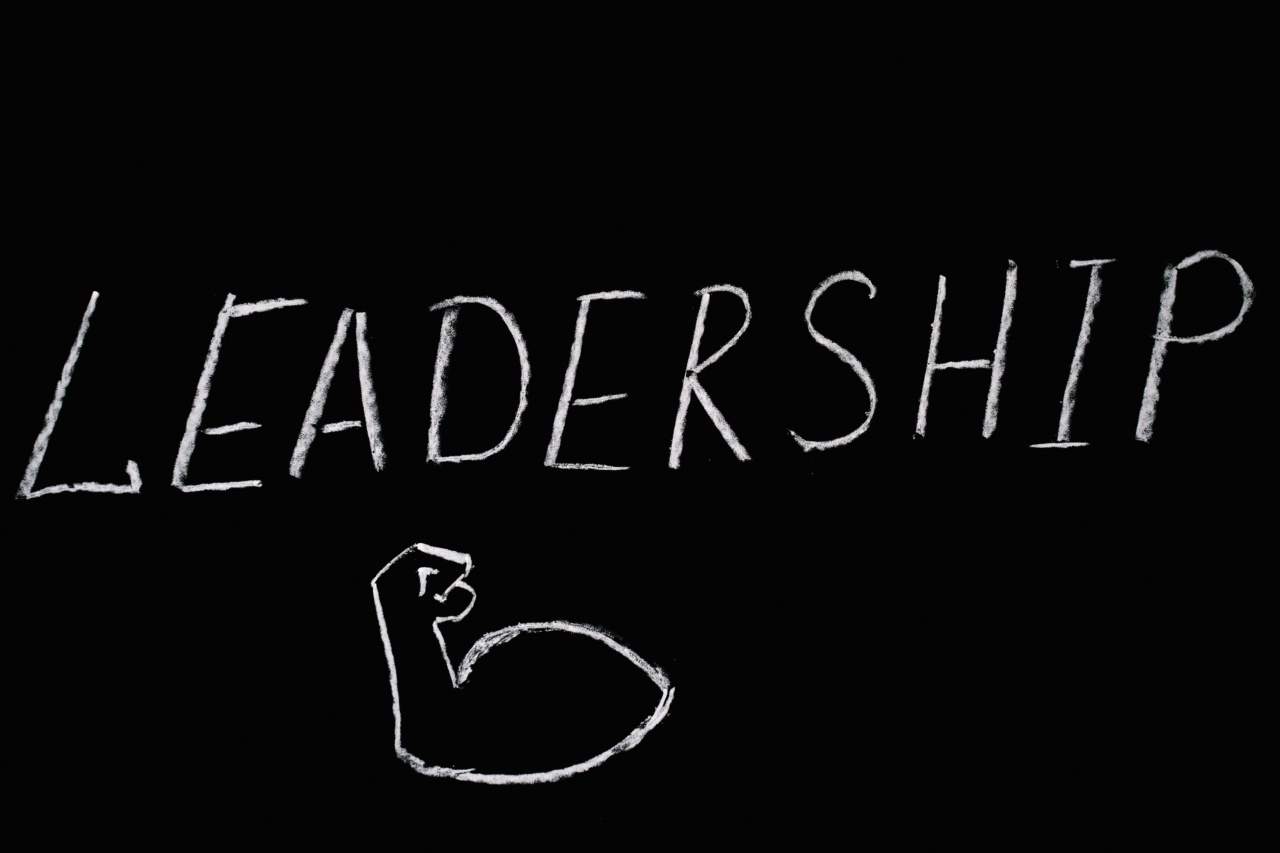Seizure disorders affect millions of people around the world, and many of them have to deal with the challenges of living with epilepsy.
While modern medicine has come a long way in helping to manage the condition, many people are seeking alternative methods to supplement their treatment. One of the most intriguing methods that has been gaining popularity in recent years is floral therapy. This article will explore how flowers can help in seizure control.
What is Floral Therapy?
Floral therapy, also known as flower essence therapy, is a form of alternative medicine that uses essences from different plants to promote physical and emotional healing.
It is based on the idea that flowers contain a unique energy that can bring about positive changes in the body and mind. The practice of floral therapy has been used for hundreds of years, with evidence of its use dating back to ancient civilizations in Egypt, China, and South America.
How Do Flowers Work?
According to the principles of floral therapy, each type of flower has a unique energy that can promote healing in different ways.
These energies, in the form of essences, are extracted from the flowers and used to create solutions or sprays that can be ingested or applied topically.
Flowers are believed to work by balancing and harmonizing the energy systems in the body, which can help to restore overall health and wellbeing.
The energies of different flowers can be used to address specific physical or emotional issues, and each individual may have a unique response to different essences.
Floral Therapy and Seizures
Floral therapy has been used to help manage a wide range of health issues, including depression, anxiety, and stress. In recent years, it has also shown promise in helping to control seizures in people with epilepsy.
Research on the use of floral therapy for seizures is still in its early stages, but some studies have shown promising results.
A study published in the Journal of Alternative and Complementary Medicine found that a blend of flower essences was effective in reducing seizure frequency in children with epilepsy. Another study published in the Journal of Ethnopharmacology found that a specific compound found in flowers had anticonvulsant properties that could help in seizure control.
The Benefits of Floral Therapy for Seizure Control
While more research is needed to fully understand the benefits of floral therapy for seizure control, there are several potential advantages to using this alternative therapy. These include:.
: Reduced Side Effects
Many people with epilepsy rely on antiepileptic drugs to control their seizures, but these medications can often cause unwanted side effects.
Floral therapy, on the other hand, is a natural and non-invasive way to manage seizures, making it an attractive option for those wanting to avoid the side effects associated with traditional medications.
: Improved Emotional Wellbeing
Seizures can have a significant impact on emotional wellbeing, and many people with epilepsy experience feelings of anxiety, depression, and isolation.
Floral therapy can help to promote emotional balance and reduce stress, which can have a positive impact on mental health.
: Customizable Treatment
Floral therapy is a highly individualized form of treatment. Each individual may have a unique response to different flower essences, and a skilled floral therapist can tailor a treatment plan to meet the specific needs of the patient.
This personalized approach can lead to better outcomes and a more effective treatment experience.
Conclusion
While more research is needed to fully understand the impact of floral therapy on seizure control, there is promising evidence to suggest that it can have a positive effect on epilepsy symptoms.
As an alternative to traditional medication, it offers a natural and non-invasive approach to managing seizures and promoting overall wellbeing.































